The Italian Air Force bid farewell to the Breguet Atlantic. And Here Are Some Of The Most Significant Moments Of Its 45-year Career.
On Nov. 22, 2017, the Italian Air Force retired its last BR-1150 Atlantic with a final flight from Sigonella to Pratica di Mare.
The aircraft MM40118/41-03, the Atlantic in special color scheme that had been unveiled during a ceremony held at Sigonella on Sept. 21, will now be transported and then exhibited in the ItAF Museum in Vigna di Valle. The first of 18 MPA (Maritime Patrol Aircraft) with ASW (Anti-Submarine Warfare) capabilities Atlantic aircraft, the BR-1150 MM40108 was taken on charge by the Aeronautica Militare at Toulouse, France, on Jun. 27, 1972. On the very same day, after a stopever in Nimes, France, the aircraft landed at Sigonella, for the very fist time at 16.25LT. The retirement has come after 45 years and almost 260,000 flying hours (actually 258K) logged by a fleet made of 18 aircraft.
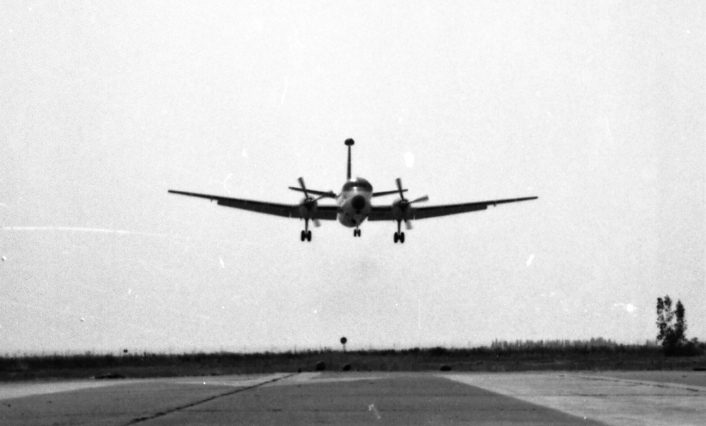
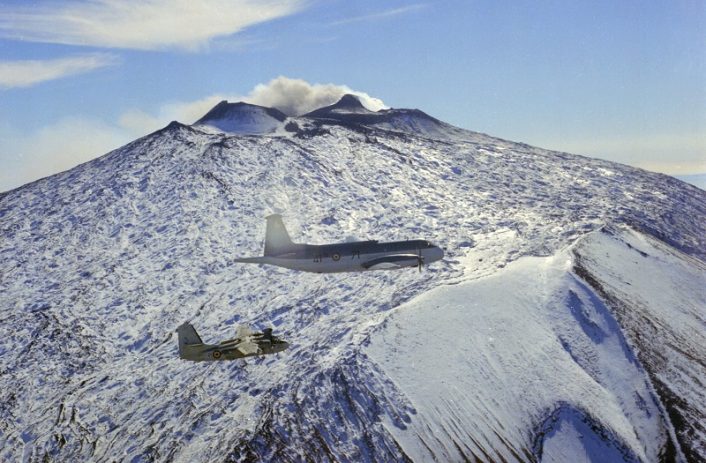
Throughout its career, the Atlantic flown by mixed Air Force/Navy crew of 13 people in missions lasting up to 12 hours (actually the record of the Italian BR-1150 is 19 hours and 20 minutes!), carried out thousand Maritime Patrol, ASW and ASuW (Anti-Surface Warfare – limited to the reconnaissance and surveillance part since the aircraft was not equipped with ASuW weapons) sorties as well as Maritime SAR (Search And Rescue) operations taking part also in hundreds exercises: from Dawn Patrol back in 1973 to the recent Dynamic Manta, the BR-1150 have played a role in the Display Determination, Dog Fish, Vento Caldo, Daily Double, Mare Aperto, Tridente, Deterrent Force, Passex, Storm Two, Fleetex, Sharp Guard, Destined Glory, Tapoon and many more ones. The aircraft has flown to the North Pole in 1997, landed at all the major European airports, including Iceland, and reached India, Morocco, Canada, Egypt, Lebanon, UAE and the U.S.
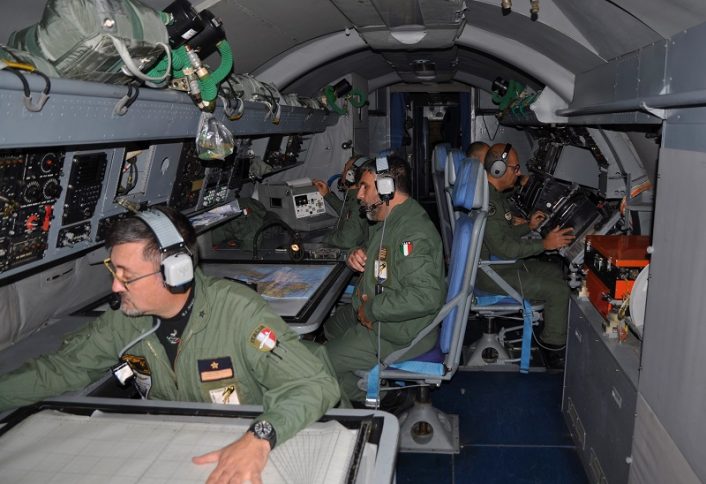
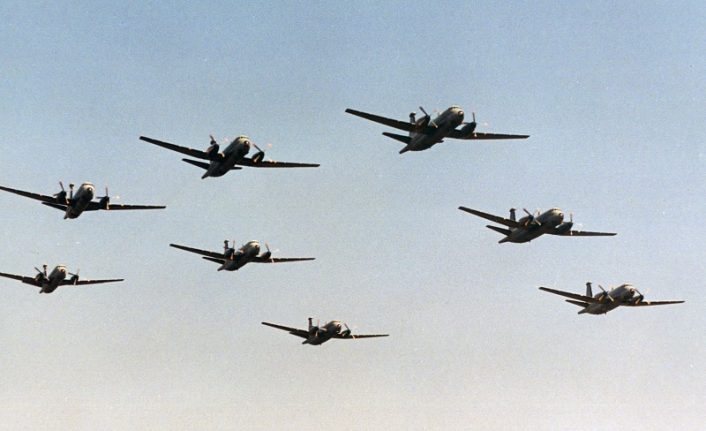
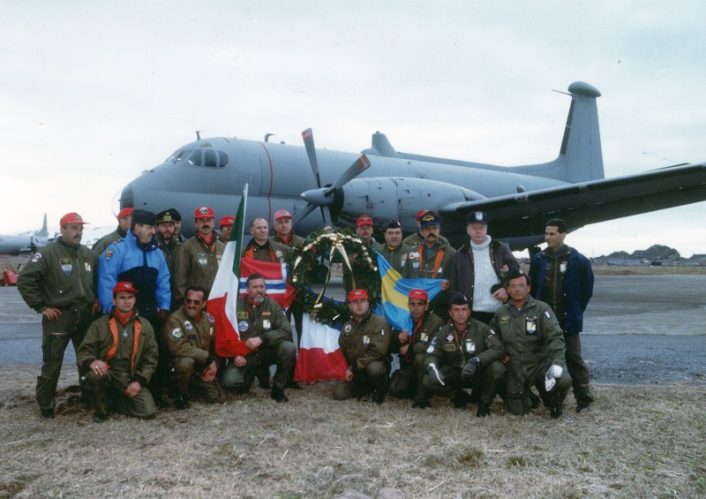
Two units operated the type within the Italian Air Force (each being assigned 9 aircraft): the 41° Stormo (Wing), with its 88° Gruppo (Squadron) at Sigonella, and the 30° Stormo with its 86° Gruppo at Cagliari Elmas. The latter was disbanded on Aug. 1, 2002 with all the Breguet Atlantic aircraft (“P-1150A” in accordance with the current Italian Ministry of Defense Mission Design Series) taken on charge by the 41th Wing.
Although to a far lesser extent than the French Atlantique 2 (ATL2), that have been upgraded to extend their operative life beyond 2030 adding further capabilities, the Italian Atlantic fleet has undertaken a limited operational update between 1987 and 1997, as part of the ALCO (Aggiornamento Limitato Componente Operativa) programme, that has included, among the others and in different times, new INS (Intertial Navigation System), IFF (Identification Friend or Foe) system, along with new Iguane radar and ESM (Electronic Support Measures) sensors to perform electronic reconnaissance/surveillance systems as well as AIS (Automatic Identification System).
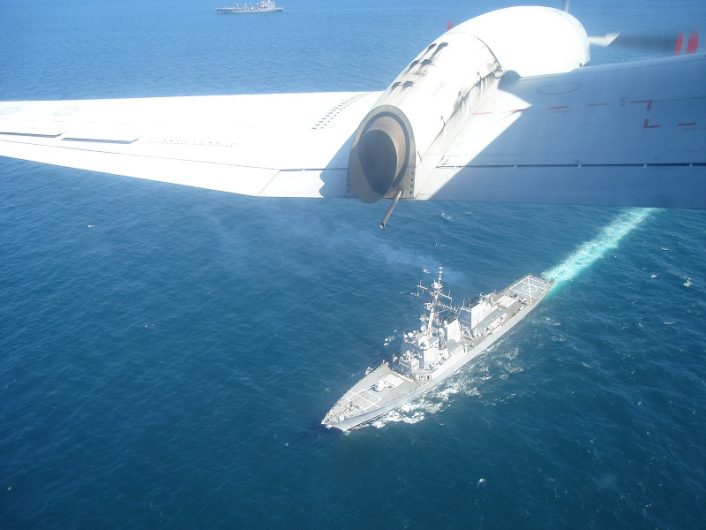
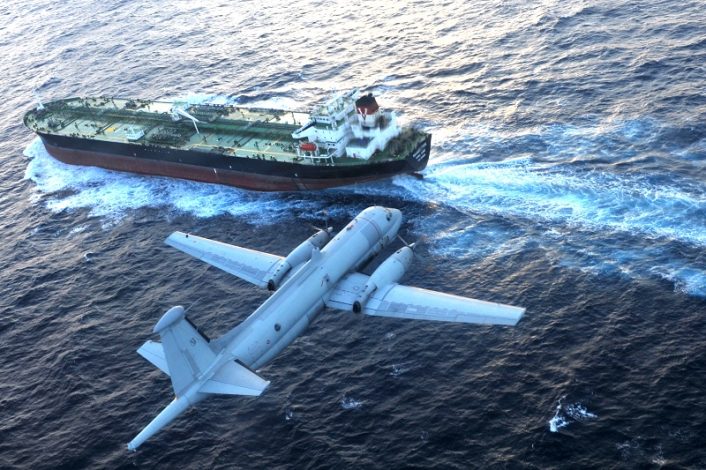
The Atlantic will be partially replaced by the P-72, a multirole Maritime Patrol, Electronic Surveillance and C4I (Command, Control, Communications, Computers, and Intelligence) aircraft that shares many sensors and equipments which were developed for the ATR 72ASW developed by Leonardo for the Turkish Navy. However, the Italian P-72A fleet, that will be made of four aircraft, the first of those delivered to the 41° Stormo on Nov. 25, 2016, lacks an ASW (Anti-Sub Warfare) capability and this is the reason why it is considered a “gap filler” until the budget to procure a Long Range MPA with ASW capabilities will become available.
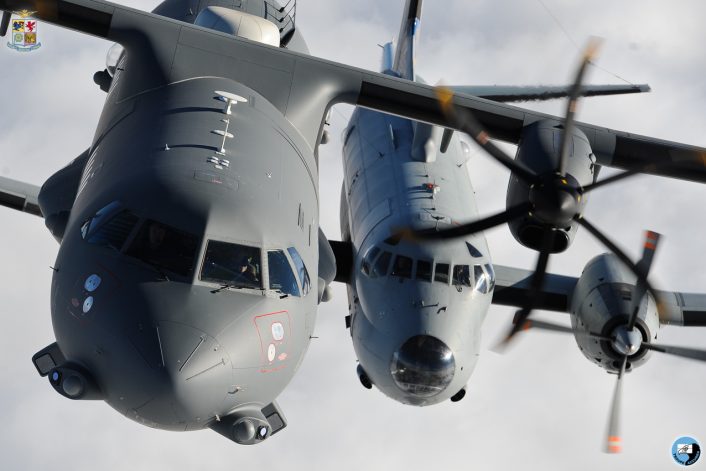
Anyway, the P-72A, that has already debuted in real operations conducting intelligence gathering and electronic surveillance missions during the G7 meeting in Taormina, in May 2017, can undertake a variety of roles ranging from maritime patrol for the search and identification of surface vessels, SAR (search and rescue) missions, the prevention of narcotics trafficking, piracy, smuggling, territorial water security and monitoring and intervention in the event of environmental catastrophes. The P-72A is equipped with a communication suite that enables the aircraft to transmit or receive information in real-time to/from command and control centres either on the ground, in the air or at-sea, to ensure coordinated and effective operations. The aircraft is also equipped with a self-protection system. The aircraft is said to be able to fly missions lasting six and a half hours at ranges up to 200 nautical miles from its starting location.

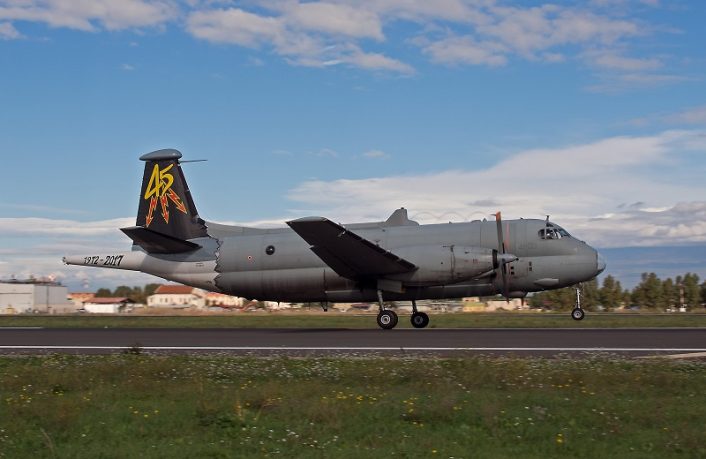
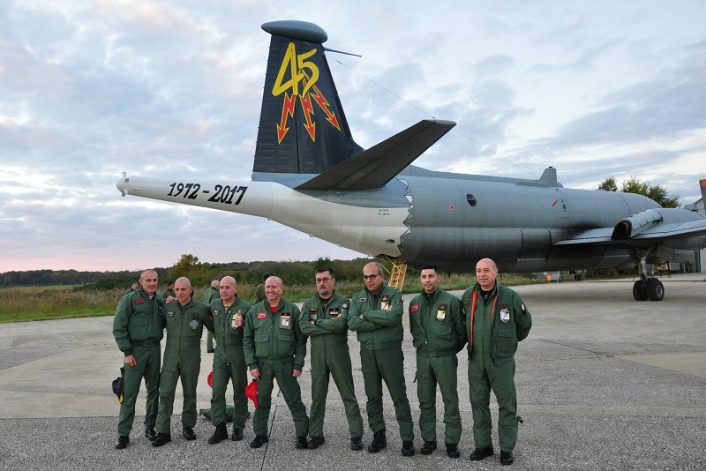
During 45 years and about 260,000 FH, the Italian Atlantic fleet suffered no losses.
The author wishes to thank 1°M. Carmelo Savoca of the 41° Stormo for providing information about the aircraft as well as the stunning official images you can find in this post.









